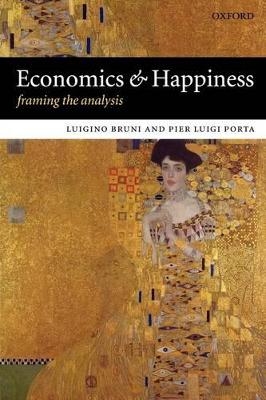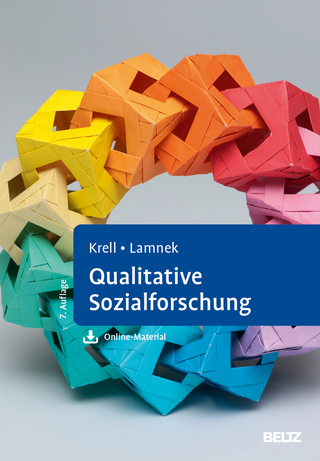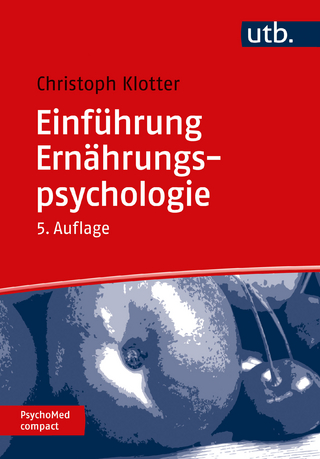
Economics and Happiness
Oxford University Press (Verlag)
978-0-19-928628-7 (ISBN)
This book is the first of its kind to provide a comprehensive overview of happiness in Economics. Although it is comparatively unusual to put happiness and economics together, the association appears increasingly exciting and fruitful. A number of studies have been produced following Richard Easterlins and Tibor Scitovskys pioneering works throughout the 1970s. The essays collected in this book provide an authoritative and comprehensive assessment both theoretical, applied and partly experimental of the whole field moving from the so-called paradoxes of happiness in Economics. The book breaks new ground, particularly on the more recent directions of research on happiness, well-being, interpersonal relations and reciprocity. The meaning of happiness is thoroughly explored and the tension between a hedonic-subjective idea of happiness and a eudaimonic-objective one is discussed.
This volume opens with Richard Easterlins own assessment of the main issues. Other authors include Robert H. Frank, Robert Sugden, Bruno S. Frey, Alois Stutzer, Richard Layard, Martha C. Nussbaum, Matt Matravers, Bernard M.S, van Praag, Oded Stark, You Q. Wang, Ruut Veenhoven, Charlotte Phelps, Stefano Zamagni, and Luigi Pasinetti.
Luigino Bruni is Lecturer in Economics at the University of Milan-Bicocca, Italy. He has been a visiting scholar at the University of East Anglia and the University of Florence. His main interests are in the field of ethics in economics, the history of economic thought, and the methodology of economics, sociality, and happiness in economics. Pier Luigi Porta, formerly Professor of economics at the University of Milano-Bicocca. For ten years he was the Director of the Department of Economics at Bicocca, and a member of the Senate and of the Board of the University. A former research student at the University of Cambridge, he was also a Member of Christ's College and a Visiting Fellow of Wolfson College at Cambridge. He was a life member of the Istituto Lombardo-Accademia di Scienze e Lettere at Brera and a member of the Executive of the Italian Economic Society. He was the Editor-in-chief of the International Review of Economics and has taught in a number of academic institutions in Italy and abroad. He published over one hundred and fifty papers and several volumes including Economics and Happiness (co-edited with L. Bruni, Oxford University Press, 2007), and Structural Dynamics and Economic Growth ( co-edited with R. Aréna, Cambridge University Press, 2012).
Introduction ; 1. Building a Better Theory of Well-Being ; 2. Does Absolute Income Matter? ; 3. Correspondence of Sentiments ; 4. Testing Theories of Happiness ; 5. Rethinking Public Economics ; 6. Mill Between Aristotle and Bentham ; 7. Happiness and Political Philosophy ; 8. The Connection Between Old and New Approaches to Financial Satisfaction ; 9. Towards a Theory of Self-Segregation as a Response to Relative Deprivation ; 10. Happiness in Hardship ; 11. Happiness and Individualism ; 12. The Evolution of Caring ; 13. Paradoxes of Happiness in Economics
| Erscheint lt. Verlag | 15.12.2005 |
|---|---|
| Zusatzinfo | Numerous tables and line drawings |
| Verlagsort | Oxford |
| Sprache | englisch |
| Maße | 163 x 242 mm |
| Gewicht | 720 g |
| Themenwelt | Geisteswissenschaften ► Psychologie ► Sozialpsychologie |
| Geisteswissenschaften ► Psychologie ► Verhaltenstherapie | |
| Wirtschaft ► Allgemeines / Lexika | |
| Wirtschaft ► Volkswirtschaftslehre ► Mikroökonomie | |
| ISBN-10 | 0-19-928628-0 / 0199286280 |
| ISBN-13 | 978-0-19-928628-7 / 9780199286287 |
| Zustand | Neuware |
| Informationen gemäß Produktsicherheitsverordnung (GPSR) | |
| Haben Sie eine Frage zum Produkt? |
aus dem Bereich


